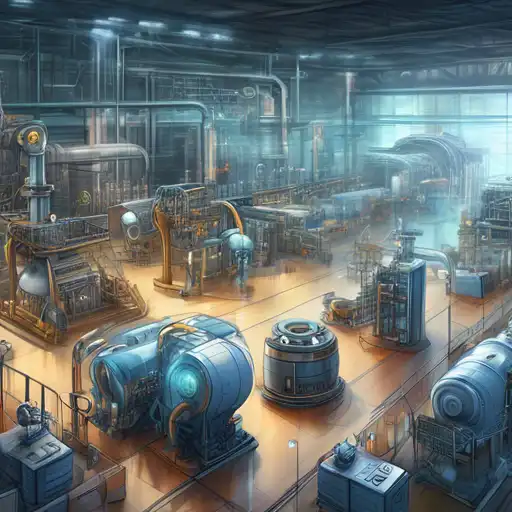Introduction to IoT in Industrial Automation
The Internet of Things (IoT) is transforming industrial automation by enabling smarter, more efficient manufacturing processes. By connecting machines, devices, and sensors to the internet, businesses can achieve unprecedented levels of operational efficiency and productivity.
Key Benefits of IoT in Industrial Automation
IoT offers numerous advantages for industrial automation, including:
- Real-time monitoring and control of equipment
- Predictive maintenance to reduce downtime
- Enhanced energy efficiency and sustainability
- Improved safety conditions for workers
How IoT is Shaping the Future of Manufacturing
The integration of IoT technologies is paving the way for the fourth industrial revolution, often referred to as Industry 4.0. This new era is characterized by the fusion of digital and physical systems, leading to the creation of smart factories where machines communicate and make decisions autonomously.
Challenges and Considerations
Despite its many benefits, the adoption of IoT in industrial automation comes with its set of challenges. These include concerns over data security, the need for significant upfront investment, and the requirement for skilled personnel to manage and interpret IoT data.
Real-world Applications of IoT in Industrial Automation
From automotive to pharmaceuticals, IoT is being leveraged across various industries to streamline operations. For instance, in the automotive sector, IoT-enabled robots are used for precision assembly, while in pharmaceuticals, IoT devices monitor environmental conditions to ensure product quality.
Conclusion
The impact of IoT on industrial automation is profound, offering businesses the tools to enhance efficiency, reduce costs, and improve product quality. As technology continues to evolve, the potential for IoT in industrial settings is boundless, promising a future where smart factories are the norm.
For more insights into how technology is transforming industries, explore our articles on smart manufacturing and Industry 4.0.
